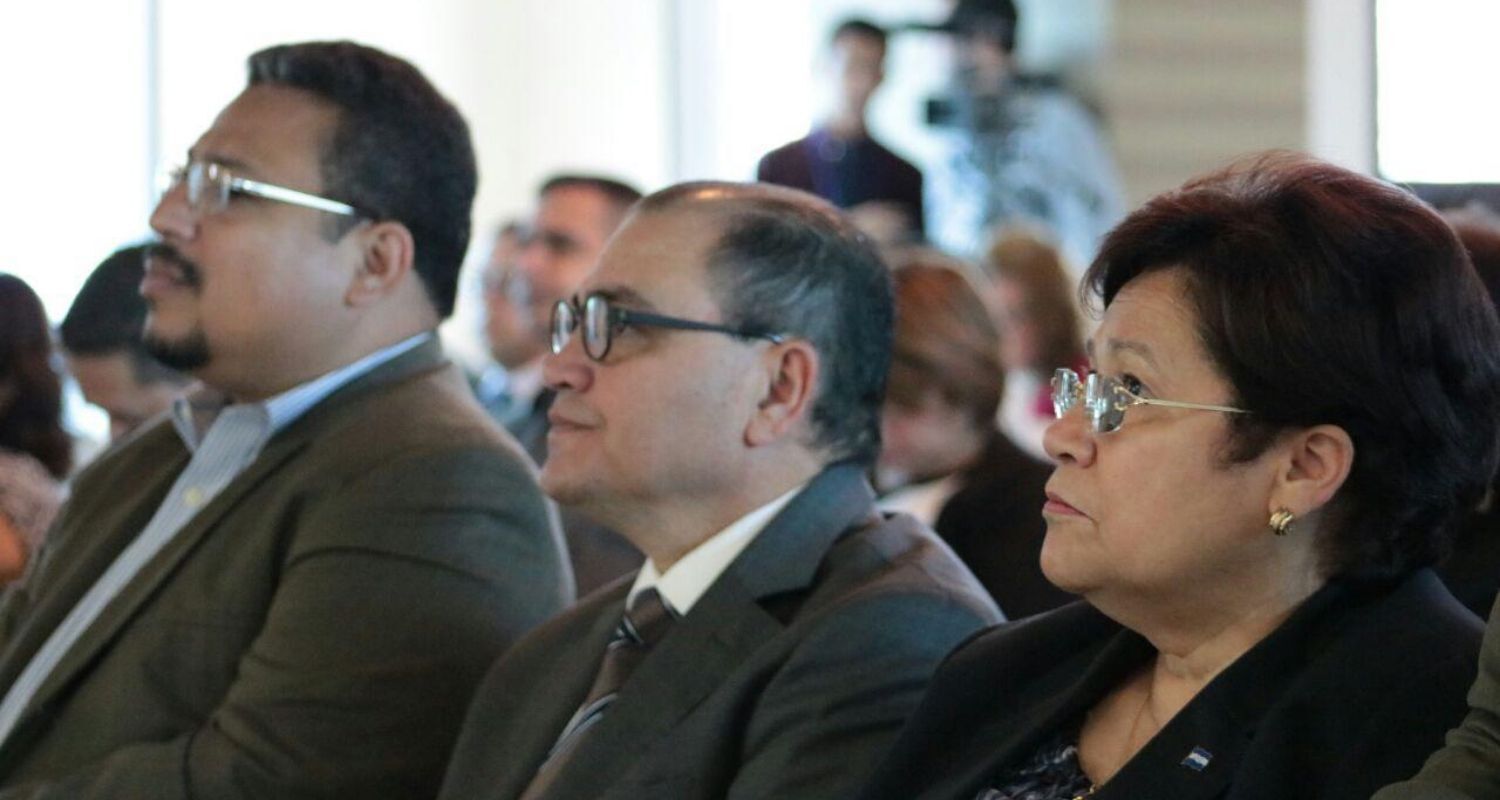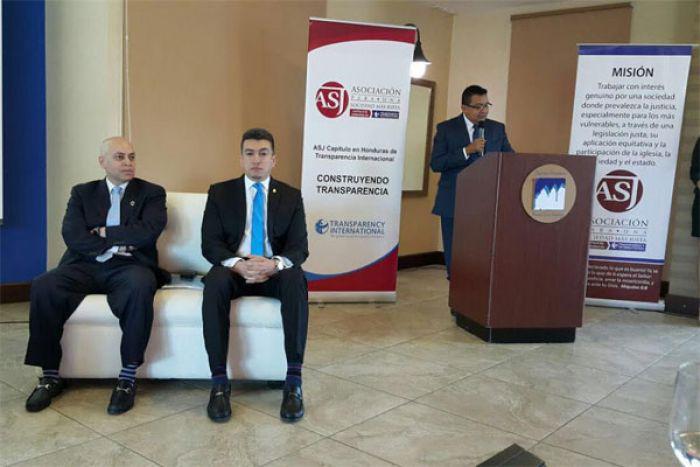This report exposes the weaknesses of corruption prosecution and the courts. But there is hope for the future. The AG’s office recently formed its own investigative agency to improve its criminal investigations. This April, the MACCIH began its work independently investigating corruption. ASJ supports the AG’s office with continued legal training and accompanies the work of the AG in particularly important corruption cases.
July 1, 2016
The first page of ASJ's (formerly known as AJS-Honduras) new study on corruption cases in the judicial system quotes José Ugaz, the president of Transparency International:
“Corruption is a tax that the poor end up paying.”
Ugaz’s quote illustrates why anti-corruption is one of ASJ’s biggest focuses: corruption at the highest levels of government obstructs the ability of the poor to receive the basic services that will give them a better life.
The new report, “Prosecution of Public Corruption 2008 – 2015”, is a detailed look into how often corruption cases are brought to justice by the Attorney General’s office (AG’s office). The study provides a baseline from which to measure how well the AG’s office and the judiciary are functioning. It also will guide ASJ’ future efforts and advocacy to improve these institutions that are key to the proper and just administration of the entire Honduran government.
The report was presented last Tuesday by ASJ’ Director of Investigations, Lester Ramirez. He was accompanied by a panel made up of Honduran Attorney General, Oscar Chinchilla; Chief Supreme Court Justice, Rolando Argueta; a representative from the Organization of American State’s special anti-corruption mission to Honduras (MACCIH), Jan-Michael Simon; and ASJ President, Carlos Hernández. The Special Commission for the Purging and Transformation of the Police, Honduran civil society, and international diplomats were also present.
To create the report, ASJ’ investigation team diligently spent eight months reviewing a sample of 110 corruption cases from Tegucigalpa in which 189 individuals were indicted.
In the eight years the study covers, the Attorney General’s office (AG’s office) received over 3,471 tip regarding government corruption. Only 283 of these resulted in indictments.
Of the 110 cases reviewed in the sample, the AG’s office earned nine convictions – only one of which resulted in jail time. In many instances, rather than pursuing stronger convictions, corrupt government employees were simply fined. But the fines are usually small, just a slap on the wrist as punishment for the nearly $180 million dollars stolen through these 110 corruption cases. This is money that should be used to provide key government services like health care, public education, and adequate policing.
Good research – like in this report – shows where problems exist in the courts and where reforms need to me made so that the AG, the courts, and ASJ can improve the performance of the justice system. When corruption is tried, convicted, and punished appropriately, the poor will no longer have to pay for the corruption of the elites.




















